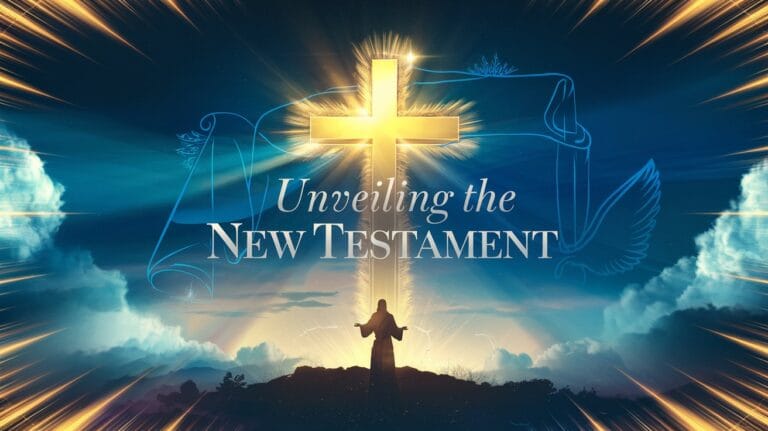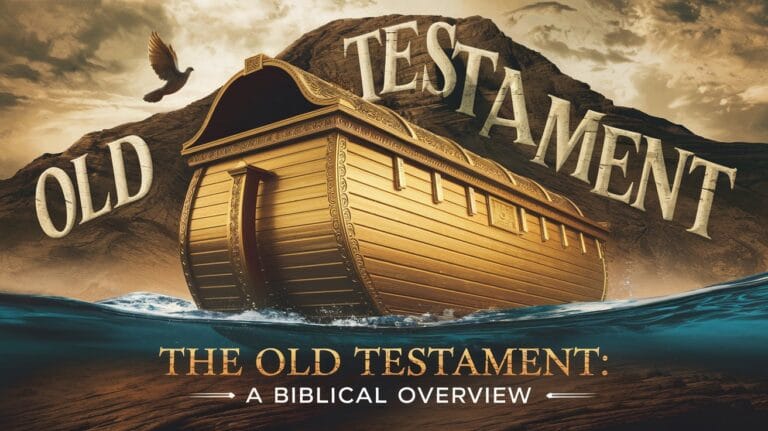Your cart is currently empty!
“It Is Finished”: The Seven Last Words from the Cross
Introduction: Voices from Calvary
Good Friday marks the solemn commemoration of Jesus Christ’s crucifixion and death at Calvary. It is a day defined by suffering, sacrifice, and the profound love Christians believe Jesus demonstrated for humanity. Amidst the agony of the cross, the Gospels record Jesus speaking seven final statements. These utterances, traditionally known as the “Seven Last Words,” are not found sequentially in any single Gospel but are gathered from across the four accounts (Matthew, Mark, Luke, and John). They offer a powerful window into Jesus’ physical suffering, his divine nature, his relationship with the Father, and the purpose of his sacrifice. Meditating on these words has become a central devotional practice for many Christians, especially during the solemn hours of Good Friday.
The Context: Suffering and Sacrifice
Before delving into the words themselves, it’s important to recall the scene. Jesus had endured betrayal, unjust trials, brutal scourging, mockery, and the painful journey carrying his cross to Golgotha, the “Place of the Skull”. Nailed to the cross between two criminals, he hung exposed, subject to the jeers of onlookers, soldiers, and religious leaders. It was from this position of extreme physical pain and public humiliation that he spoke these final words.
The Seven Last Words Explained
These seven statements reveal the depth of Jesus’ character and mission even in his final moments.
1. “Father, forgive them, for they do not know what they are doing.” (Luke 23:34)
Spoken likely as the soldiers were crucifying him, this first word is a profound demonstration of mercy and forgiveness. Even amidst intense suffering inflicted by others, Jesus intercedes for his executioners, attributing their actions to ignorance. This teaches the power of forgiveness, even in the face of profound injustice, reflecting the core of his message.
2. “Truly, I say to you, today you will be with me in Paradise.” (Luke 23:43)
This promise is made to one of the criminals crucified alongside Jesus. While one criminal mocked Jesus, the other acknowledged his own guilt and Jesus’ innocence, asking Jesus to remember him. Jesus’ response offers immediate assurance of salvation and eternal life, demonstrating that God’s mercy and the hope of redemption are available even at the last moment to those who repent.
3. “Woman, behold, your son!… Behold, your mother!” (John 19:26–27)
Seeing his mother, Mary, standing near the cross with the “disciple whom he loved” (traditionally identified as John), Jesus entrusts them to each other’s care. This act shows his human compassion and concern for his mother’s well-being after his death. Theologically, it is often interpreted as establishing Mary as a spiritual mother to all believers, represented by the beloved disciple.
4. “My God, my God, why have you forsaken me?” (Matthew 27:46; Mark 15:34)
Cried out around the ninth hour (3 PM), this utterance, quoting the beginning of Psalm 22, expresses the depth of Jesus’ anguish. It reflects the profound physical and spiritual suffering he endured, particularly the weight of bearing the world’s sins, which necessitated a separation from the Father. While expressing desolation, it is also seen as an act of faithfulness, using the words of Scripture to articulate his pain while maintaining trust in God.
5. “I thirst.” (John 19:28)
This statement reflects Jesus’ real physical suffering and dehydration after hours on the cross. John notes that Jesus said this “to fulfill the Scripture,” likely referencing Psalm 69:21 (“…for my thirst they gave me sour wine to drink”). Beyond the physical, some interpret this thirst as a spiritual longing for the salvation of souls, a deep desire rooted in his love for humanity.
6. “It is finished.” (John 19:30)
Spoken after receiving a drink of sour wine, this declaration (Tetelestai in Greek) signifies the completion of his mission. It indicates that the work his Father sent him to do – the work of redemption and reconciliation – was accomplished. The debt of sin was paid. It is a cry not of resignation, but of victory and fulfillment.
7. “Father, into your hands I commit my spirit.” (Luke 23:46)
These are Jesus’ final words before breathing his last. They express ultimate trust and surrender to God the Father. Even in death, Jesus willingly places his life into the Father’s hands, providing an example of faith and love.
Theological Significance and Reflection
The Seven Last Words are more than just historical utterances; they are packed with theological meaning and serve as a powerful focus for Christian reflection. They reveal both the humanity of Jesus (his thirst, his care for his mother, his feeling of abandonment) and his divinity (his power to forgive sins, his promise of Paradise, his completion of the divine mission).
These words encapsulate the essence of Good Friday:
- Forgiveness: Even for his tormentors.
- Salvation: Offered freely to the repentant.
- Relationship: Caring for loved ones and establishing spiritual bonds.
- Suffering: Bearing the weight of sin and separation.
- Fulfillment: Completing the scriptural prophecies and God’s redemptive plan.
- Trust: Complete surrender to the Father’s will.
Devotions like the “Three Hours’ Agony” (Tre Ore), often held between noon and 3 PM on Good Friday, center specifically on meditating upon these seven sayings. Through prayer, hymns, and reflection on these words, believers seek to enter more deeply into the mystery of Christ’s sacrifice and the depth of God’s love.
Conclusion: The Enduring Message
The Seven Last Words from the cross are a poignant and powerful summary of Jesus’ life, death, and mission. Spoken in the midst of unimaginable suffering, they convey messages of forgiveness, hope, love, agony, fulfillment, and ultimate trust. They remind believers of the cost of their redemption and the boundless love that motivated Jesus’ sacrifice. On Good Friday, as Christians remember the crucifixion, these final utterances echo through time, inviting reflection, repentance, and gratitude for the sacrifice that made salvation possible.










